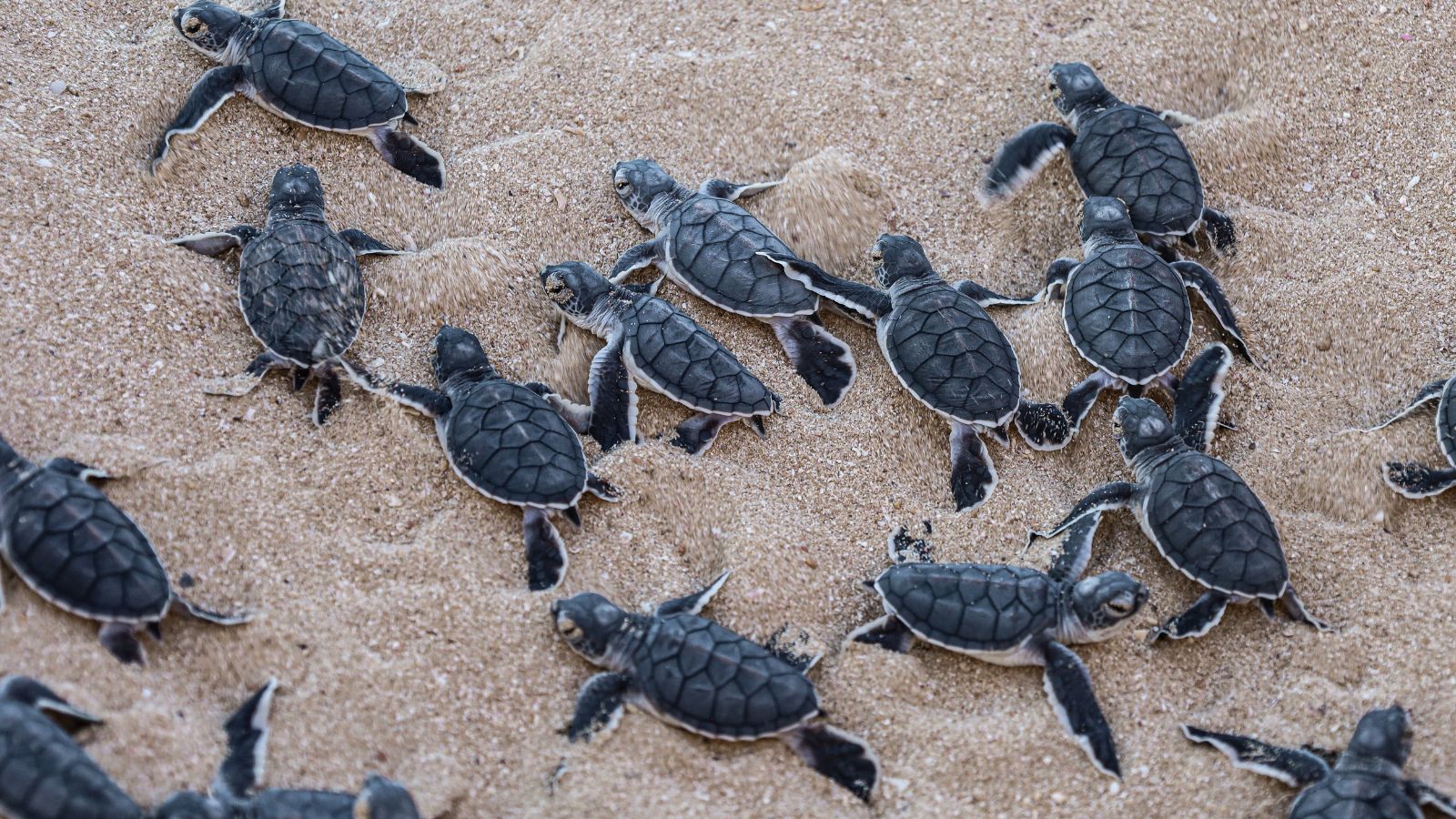Exotic animals may seem cool or cute to have as pets. However, owning one can land you in serious trouble. We’ve compiled a list of 18 animals that are considered illegal to own in at least one U.S. state and why exactly these bans are in place.
Chimpanzees
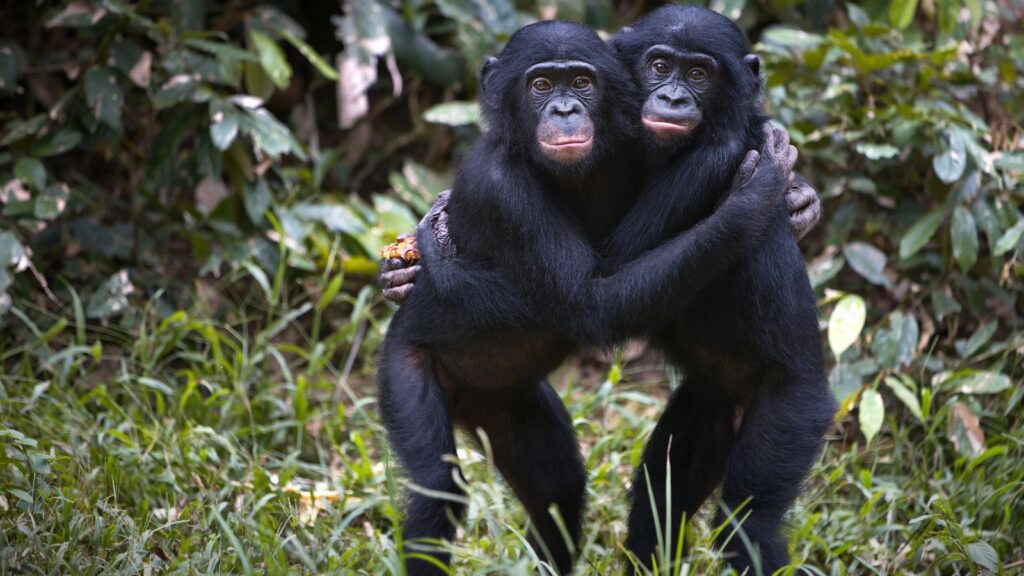
Chimpanzees may be calm when they’re young, making them seem like the perfect indoor pets. But they get increasingly aggressive as they grow older and eventually become unpredictably dangerous around people. What’s more, they’re common disease vectors, and they have complex social needs that are difficult to meet in captivity.
Slow Lorises
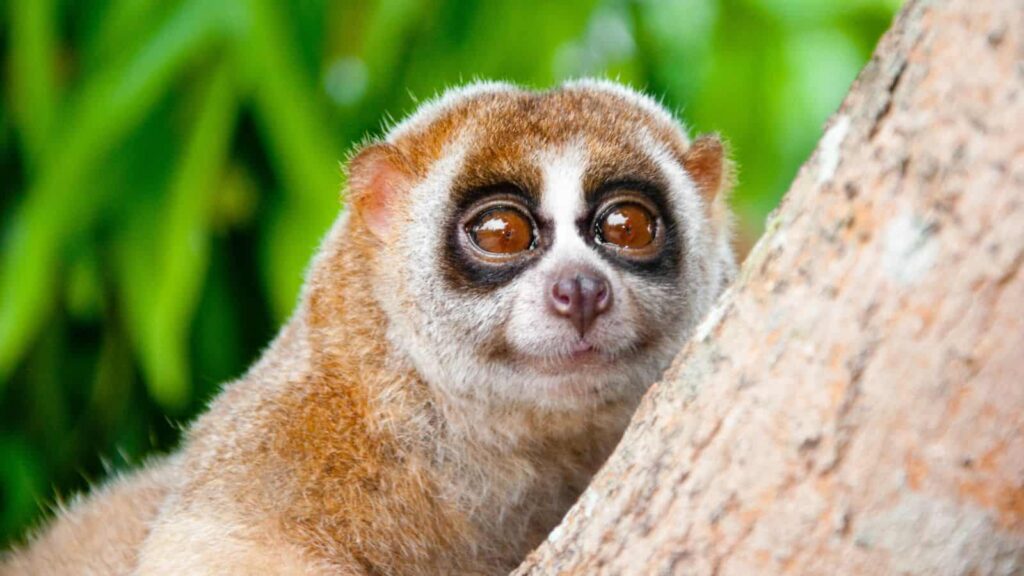
The slow loris is another primate that’s banned as a pet for a whole different reason. They’re a species protected under international conservation agreements against wildlife trafficking, given their declining numbers in the wild—this is why there’s a general restriction on them across the U.S.
Bats
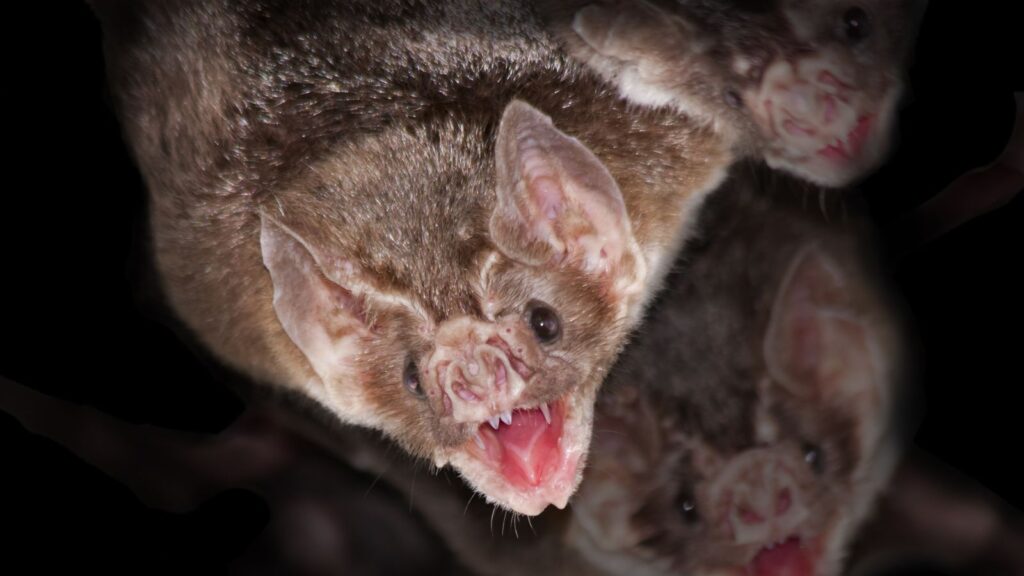
Bats carry all sorts of zoonotic diseases, the most common of which is rabies. Hence, the CDC says permits are never granted for importing them as pets into the U.S. Some states also have bans on keeping them as pets due to their importance to ecosystems and how difficult it is to care for them outside of professional settings.
Big Cats
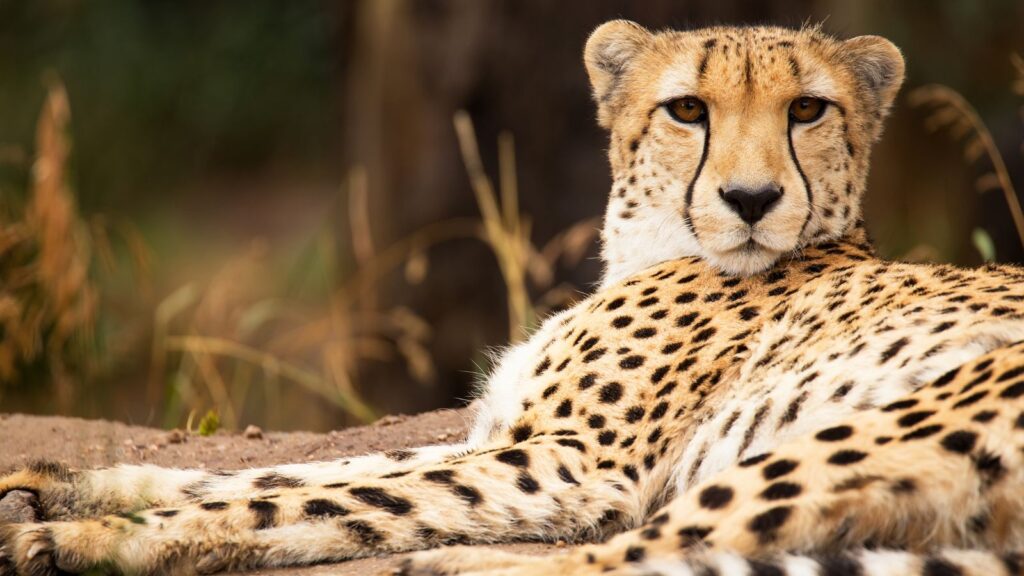
Big cats like tigers and lions are extremely dangerous due to their wild, predatory nature. They have specific dietary and habitat needs, too! Due to these concerns about public safety and animal welfare, they have been banned as pets in 35 U.S. states.
Deadly Snakes
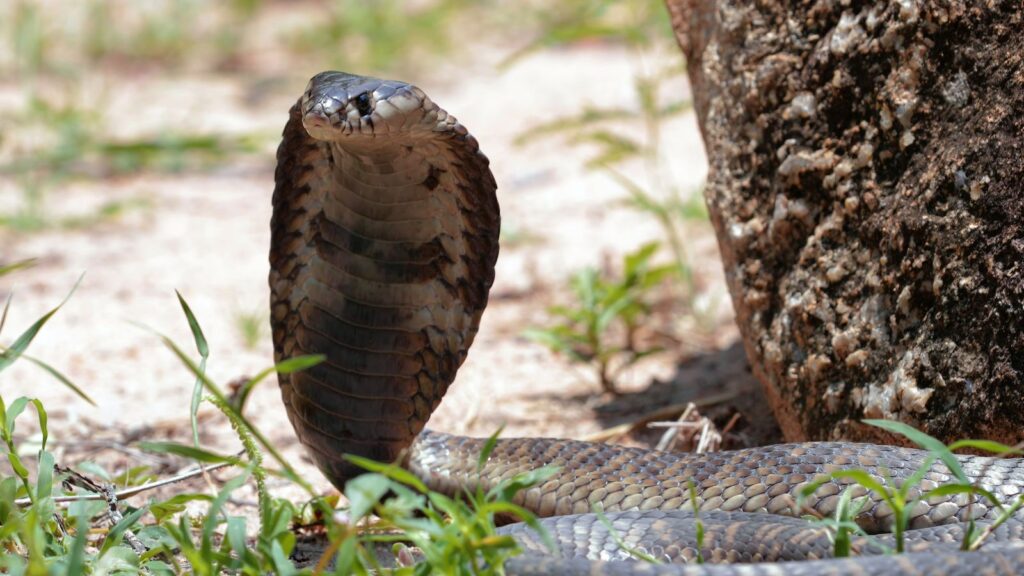
We say “deadly snakes” because most of the snakes that are illegal as pets in the U.S. are either venomous or constrictors that can be fatal to humans. Only six states in America allow you to keep venomous snakes, and even these typically have specialized requirements for permits.
Pure Wolves
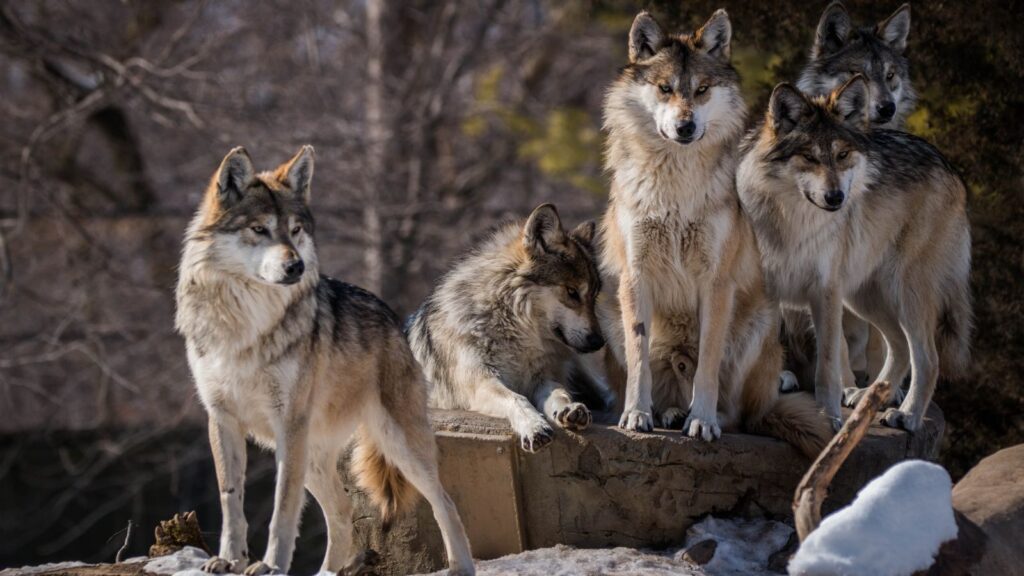
Close relatives to our dear furry friends, wolves have dangerous predatory instincts, as well as the jaws and claws to support them. They’re also not as easy to train or contain, and they pose a threat to local wildlife and pets. Due to these factors, it’s illegal to own a pure wolf in the entire U.S.
Tiny Turtles

The sale of tiny turtles, which the State of Michigan describes as turtles with a shell not wider than four inches, has been illegal in the entire U.S. since 1975. The reason for this is that the Salmonella bacteria they harbor pose a risk to children, who are likely to handle them without caution.
Raccoons
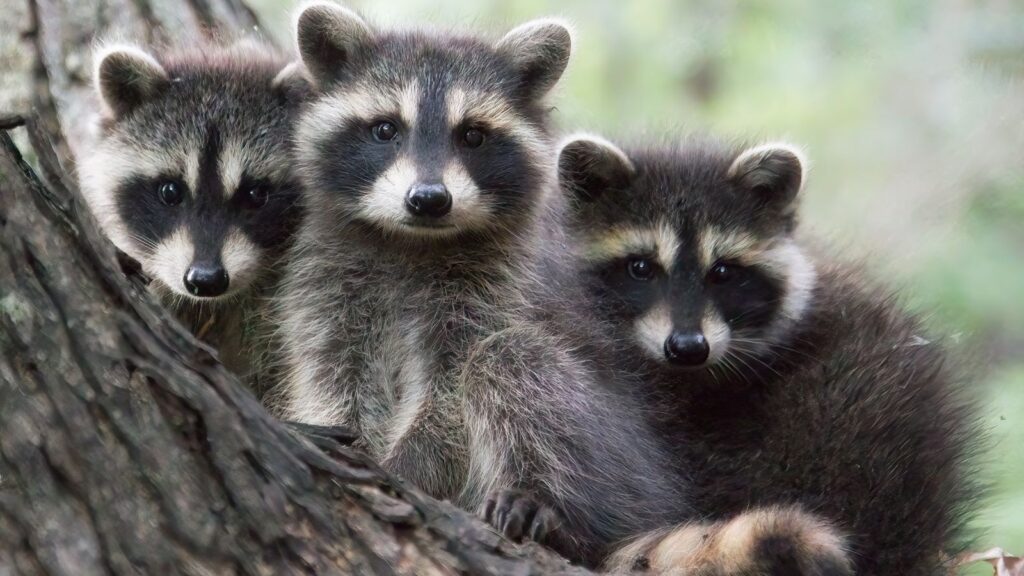
In 37 states across the U.S., you’re either completely prohibited from having a raccoon as a pet or you need a permit for one. Despite how unassuming they may seem, understand that they’re still wild animals with unpredictably dangerous behaviors, and they’re also high-risk transmitters of diseases like rabies.
Alligators
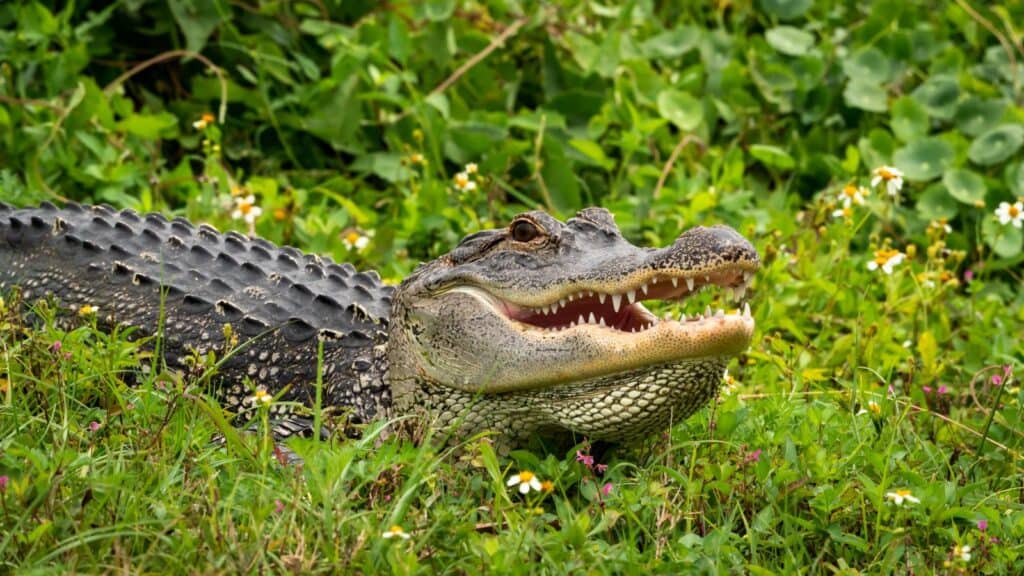
It’s clear that alligators pose a risk to public safety, given their size, strength, and predatory instincts. But this isn’t the only reason they’re banned in 33 U.S. states. These creatures also threaten local ecosystems when released into the wild, and it’s difficult to maintain proper living conditions for them, which can result in cases of animal cruelty.
Giraffes

There are states like Tennessee where you still get to own a giraffe as a pet. But you’re prohibited from doing this in most U.S. states. Giraffes are large animals that require specialized habitats to thrive in, and it’s simply not practical to keep them as pets in your home.
Quaker Parakeets

With the Quaker parakeet, also called the monk parrot, there are concerns about their invasive nature. They’re known to damage crops and compete with the local wildlife for food, which makes them dangerous to both humans and animals alike. It’s because of this that they’re illegal pets in 14 U.S. states.
Elephants
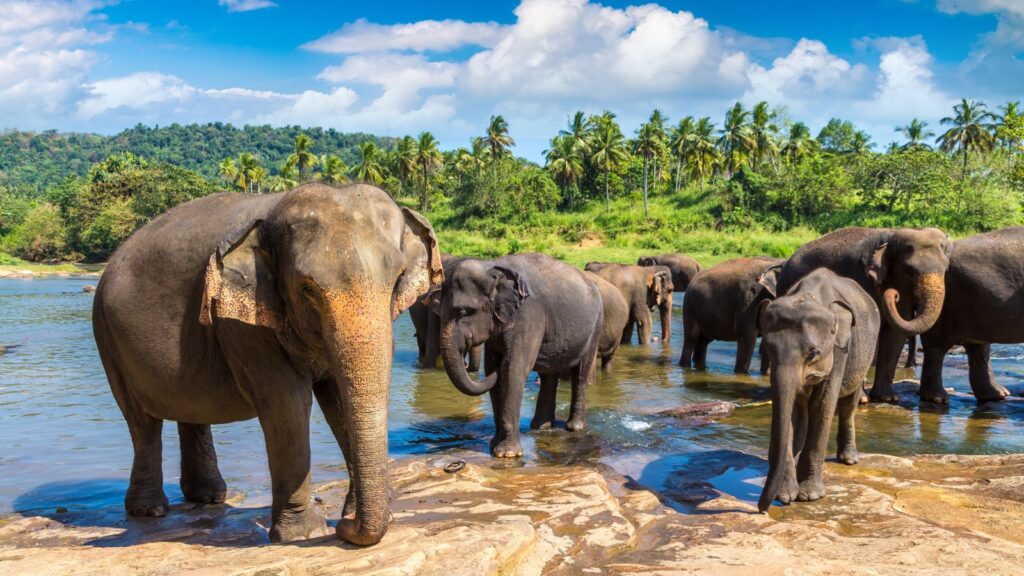
Elephants are mostly banned as pets in the U.S. due to ethical, welfare, and conservation concerns. CSULB even reveals that there are bans on using them for circus entertainment, too! These animals are large, widely endangered species that require extensive land, specialized diets, and intensive care to be at their best.
Hedgehogs
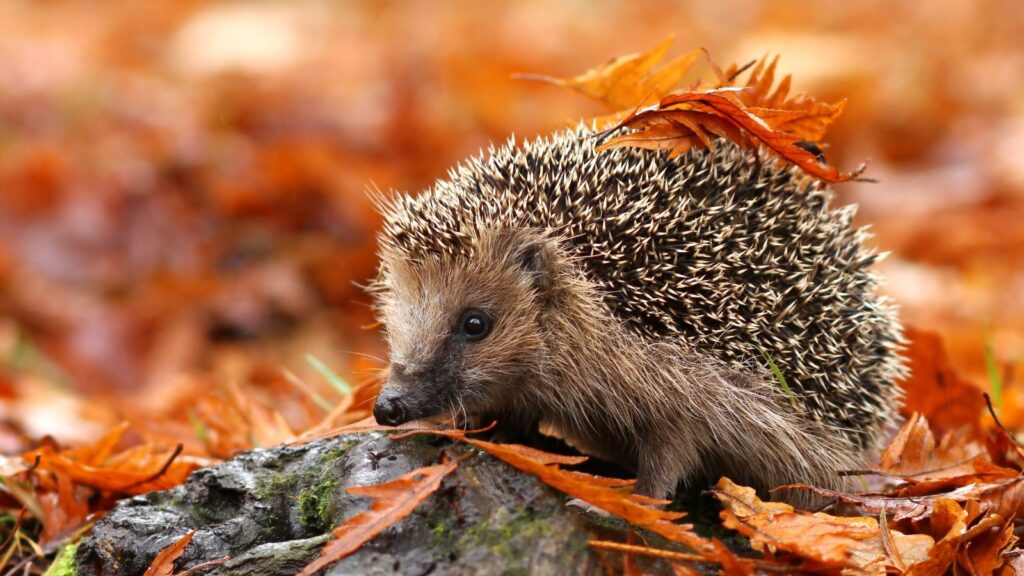
Forget how cute they may be; hedgehogs can pose serious threats to certain local ecosystems, and they’re also vectors for human foot and mouth diseases. They’re banned in the District of Columbia and six other states, including California, Hawaii, and New York.
Hyenas
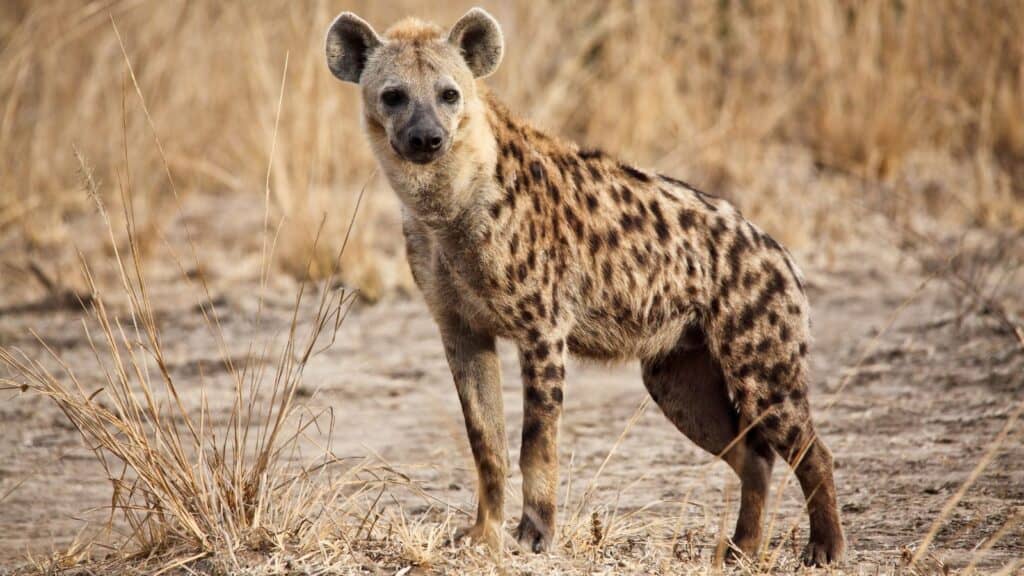
Hyenas are simply dangerous wild animals with predatory instincts that are unfit to have around people. They’re aggressive and difficult to control, even when they see you as one of their pack, and they also have strict social requirements that they need to live comfortably in.
Penguins

Laws restrict us from keeping a penguin as a pet in the entire U.S., and these laws exist to protect the aquatic bird’s welfare. Penguins have very specific dietary and environmental needs, and they’re not suited to life in private captivity, where their needs can hardly be met.
Dingoes

They may look like our domesticated dogs, but dingoes have a different genetic makeup and are a breed of wild dog that’s a threat to local wildlife, pets, and humans. They’re also protected under the Animal Welfare Act, where they’re classified as exotic species that need preservation.
Skunks

Wyoming is the only state that allows you to keep a wild skunk as a pet. And, as the Spruce Pets shares, “owning a domesticated skunk is not legal in every state, and places where it is legal may still require additional permits or permissions.” These animals are rabies vectors that pose a risk to humans.
Meerkats
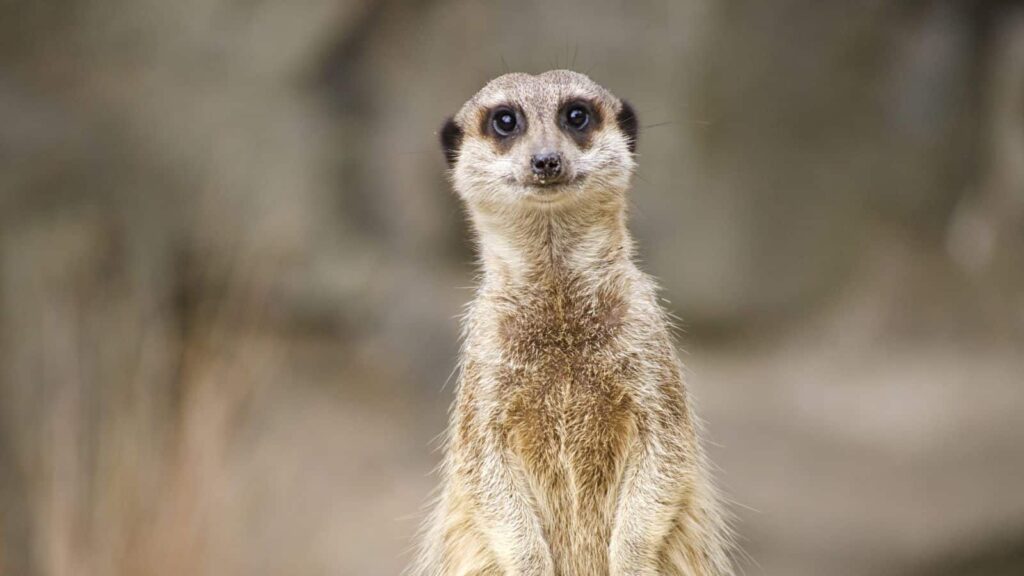
These cute animals maintain complex social structures and require group living, which makes them an exotic species under conservation laws. Mongooses, as they’re called, are also an invasive species when they escape into the wild, and you’ll mostly need a permit in states that still let you keep one as a pet.
Up Next: 18 Cities in the US That Are So Bad You Won’t Want to Visit

While there are many beautiful cities in the U.S. that are well worth a visit, there are also some that you may want to avoid. This is largely due to high crime rates or issues with quality of life. Here are 18 U.S. cities that you won’t want to visit.
18 Cities in the US That Are So Bad You Won’t Want to Visit
19 American Cities That Disappoint Visitors So Much They Wish They Never Went

The United States is a vast country with over 109,000 cities and towns and many popular tourist hotspots, promising visitors fascinating history, famous landmarks, natural wonders, impressive architecture, and cultural delights. But not every city lives up to the hype! Here, we explore 19 American destinations that often leave visitors underwhelmed.
19 American Cities That Disappoint Visitors So Much They Wish They Never Went
19 Signs That Say You’ve Officially Entered Old Age

Old age comes for us all, though we do our best to resist it for as long as possible. But aging isn’t only gray hair, wrinkled skin, and yelling at kids to get off your lawn. Here are 19 signs you’ve realized you’re no longer the young stud you once were!

